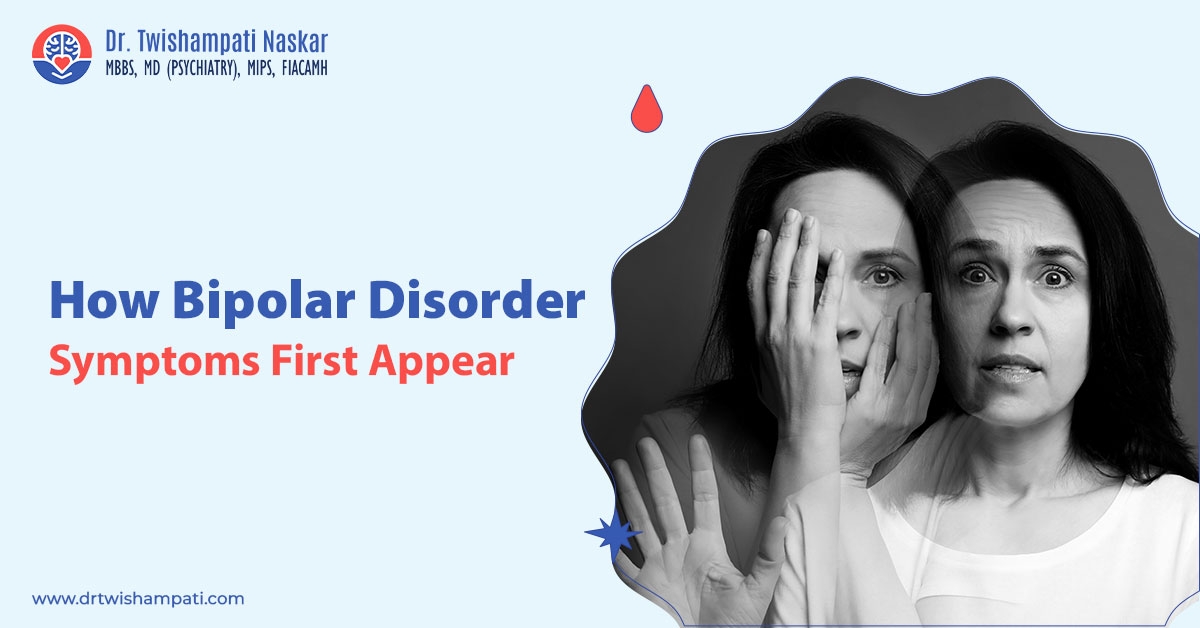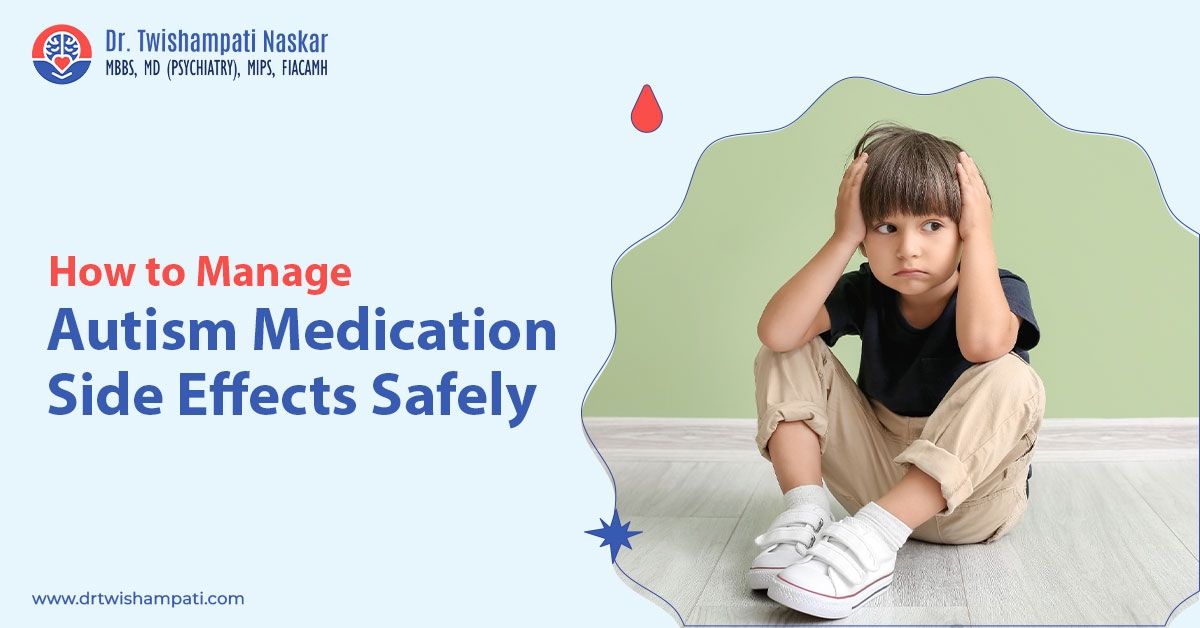Dealing with mental health challenges can be very hectic, and trying to find the right psychiatrist can become a very overwhelming experience. These can make your journey to recovery a complex one, with uncertainty of diagnosis, and medication that do not seem to work. The best way to get rid of these worries is to get input from other specialists. This can be a wise decision as it helps you to be well-informed and empowered.
While you may be worried about it being displayed as a sign of disloyalty, psychiatrists in Siliguri tend to encourage every method to make you feel comfortable. Asking for a secondary opinion allows you to take control of your health journey, and taking the initiative can help boost self-confidence. We understand that getting a second opinion can be intimidating, so here is a complete guide on how to get a second opinion.
How to Ask Your Current Psychiatrist for a Second Opinion?
It is normal to feel hesitant to bring about the topic of a second opinion with your healthcare provider. While it can seem like a topic which may offend your psychiatrist, most ethical doctors tend to encourage this and also support the patients to explore their condition from different perspectives.
Let us look at how you can start the conversation:
-
Be Honest – Try to be polite and use phrases such as “I want to understand my condition better.” This will remove the confrontational element from the conversation.
-
Show Gratitude – While you may be dissatisfied with their diagnosis, make sure you are courteous. Thank them for the time and care they provided you.
-
Ask For Support – You can still ask them to support you and get recommendations for your second opinion.
Steps to Find a Qualified Second Psychiatrist
Now that you have confirmed you need a second opinion, you can start towards getting a specialist who can treat all your needs. You can find a lot of credible psychiatrists in Siliguri, so finding the best one will require a strategic method. You can follow the steps to filter and select the right psychiatrist for you
1. Request Recommendations
If you are regularly visiting a therapist, you can ask them for a reference to some of the reputable names in the industry. You can also ask your peers with similar experience about the psychiatrists they consulted with. This would allow you to assess the experiences they had with those specialists.
2. Check Credentials and Experience
Mental health is not something that can be tackled by any specialist. The doctor must be a board-certified practitioner. You can also look for doctors with their specialists to cater to your specific needs. Some of the specialisation fields they vary in are couple, trauma, as well as mood disorders.
3. Read Reviews and Patient Feedback
Before going through with any specialist, you must check their reviews online, which are very easily accessible. You can head to their website to see their testimonials or read through most of the Google reviews before confirming your pick
4. Consider Accessibility
If you're considering getting a second opinion from a psychiatrist in Siliguri, it can be a little hard to adjust your time to get an appointment or find a convenient location. To tackle this issue, you can get online consultations from popular local psychiatrists.
5. Check Treatment Philosophy
Some psychiatrists tend to focus heavily on medication, while others offer or support therapy as part of treatment. Make sure you go through their practice style and see if it aligns with what you're looking for.
What to Do During a Second Opinion Appointment?
Going on a second opinion appointment can be a little different hat your usual appointments. Below are the things you can expect from this type of appointment:
Make sure you have all the important information on your previous designs. Carry your prescriptions and therapy notes. This will help the new specialist to understand your condition thoroughly.
You can be very open about your previous experience for a better experience. The psychiatrist may guide you through methods that have been effective or ineffective. You can also mention your side effects, lifestyle challenges, as well as emotional responses.
To get a clear picture of your treatment, you can ask direct questions like
-
Do you agree with the current diagnosis?
-
Are there alternative treatments I should explore?
-
Is medication necessary in my case, or are there non-drug approaches?
-
Expect Repetitions
You might be asked to retell your story or take assessments again. It’s not redundancy, but done to ensure the second psychiatrist forms an independent, unbiased view.
Benefits of a Second Opinion
1. Certainty About Diagnosis
The primary objective of seeking a second opinion is to confirm that you have received the appropriate diagnosis. Symptoms can be similar among various conditions, including depression, bipolar disorder, and personality disorders. If you believe that your diagnosis does not accurately reflect your experiences, obtaining a second opinion might provide insight or a different viewpoint.
2. Lack of Progress With Treatment
If the progression of your treatment is very gradual and there is no improvement even after weeks aro months, getting a second opinion helps you analyse your condition from a different perspective. Psychotropic medications often require trial and error, but persistent side effects or ineffectiveness warrant a fresh look.
3. Different Philosophies or Approaches
Every psychiatrist has a unique method for treating their patients. While certain ones may focus more on medication, others choose to incorporate psychotherapy or holistic care. You might favour a provider whose approach resonates more with your beliefs or comfort level, so it's important to do some research before making your choice..
4. Major Treatment Decisions
When you are facing decisions like starting long-term medication, electroconvulsive therapy (ECT), or hospitalisation, you are bound to feel overwhelmed. With the help of a second opinion, you can weigh the pros and cons before committing to an intensive treatment path.
5. Peace of Mind
Occasionally, getting confirmation from another expert can provide reassurance that you are headed in the right direction. This sense of tranquillity can significantly impact your journey toward recovery.
When Is the Right Time to Ask for a Second Opinion?
It is crucial to remember that there is no fixed time to get the right help for a mental health condition. If an individual requires immediate help with a crisis as well as thoughts about self-harm, they should directly contact a psychiatrist and get help within a few hours. However, if your condition is stable, and you have time to consider your options, it's appropriate to seek another viewpoint.
Conclusion
Getting a second opinion from another psychiatrist is a responsible, proactive step in your mental health journey. It reflects your commitment to understanding your mind better, not your lack of trust in a professional. With the complexity of mental health conditions, no single viewpoint can encompass everything, and an additional perspective often provides the clarity you need.
Whether you’re navigating uncertainty, considering a new treatment, or simply not feeling heard, remember this: You deserve to feel confident in your care. And if you’re exploring options like finding a qualified psychiatrist in Siliguri, you’re already taking an important step toward empowerment and healing.





